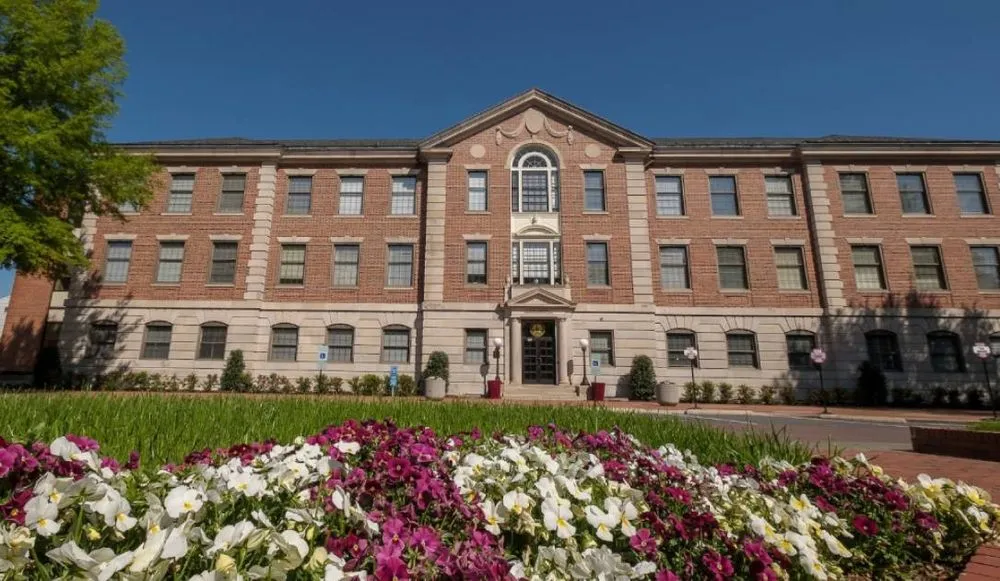Multiple colleges, K-12 schools facing outages after cyberattacks
Several K-12 schools, colleges and universities are dealing with significant technology outages due to cyberattacks this week.
A spokesperson for North Carolina Central University told Recorded Future News that the school was alerted to a cyberattack on its campus technology systems on the morning of November 12.
“Certain systems, including the campus wi-fi network and [school portal] MyEOL began to experience some disruptions to normal operations. Other critical systems continue to be operational. Following the initial stages of the investigation into this alert, we can confirm that NCCU has experienced a cyberintrusion,” they said in a statement that was sent out to faculty and staff.
“Certain services have been taken offline to contain the intrusion. Key partners at the UNC System Office, North Carolina Department of Information Technology, Joint Communications Task Force, FBI, U.S. Secret Service and other partners have been activated to investigate and respond.”
The school is a historically black university based in Durham, serving nearly 10,000 undergraduate and graduate students.
The spokesperson did not respond to requests for comment about whether it was dealing with a ransomware attack but said that in an effort to contain the situation, their IT team will “temporarily shut down all critical systems requiring logins with NCCU credentials,” including access to Canvas, Outlook 365, the Wi-Fi network and campus portal.
In-person classes will continue to be held but all online courses will be suspended until further notice. No hacking group has taken credit for the attack.
NCCU is the latest in a string of HBCUs and schools with large minority populations that have been targeted by hackers over the last few years. Schools like Howard University, Xavier University of Louisiana, Tennessee State University, Southeastern Louisiana University, North Carolina A&T University, Florida International University and more have been targeted due to longstanding funding imbalances that make it difficult to afford the kind of network security needed to protect student and faculty information.
Cynthia Warrick, president of Stillman College, spoke at the Aspen Cyber Summit this week about a 2017 ransomware attack that forced the school to effectively rebuild its entire network from scratch.
Several other colleges and universities have notified the public of cyberattacks in recent weeks. Glendale Community College — whose campuses serve more than 25,000 students — confirmed this week that it was hit with ransomware.
The attack forced the school to take its systems offline, removing student access to the campus WiFi, the online class schedule, and several systems for school employees.
Financial aid processes, including the disbursement of funds to students' accounts, have been interrupted until further notice, the school said.
The school newspaper explained that the hack began on November 10 and that the recovery effort is progressing.
K-12 outages
Multiple K-12 schools across the U.S. have been listed by ransomware gangs or suffered outages due to cyberattacks. North Muskegon Public Schools in Michigan was forced to cancel school on Wednesday, noting that its tech department was working with its insurance company’s cybersecurity team to address the incident.
“We do not have availability to phones or Internet and want to ensure this investigation can be conducted without interruption as time is crucial. We are sorry for this unforeseen inconvenience to our families,” they said.
In follow-up messages on Wednesday and Thursday, school officials said email systems and platforms used by students to submit assignments were still not functioning.
“Currently, our system is still compromised. We are diligently working with digital forensic experts to resolve the issue but we want to be transparent about the ongoing challenges,” they said.
“Our security features, including phone systems, public address systems, fire alarms, and door security, are still active and functioning effectively… We are actively collaborating with forensic experts, forensic attorneys, local and state law enforcement, as well as the FBI.”
Several other schools across the U.S. said they were coordinating with the FBI on cyberattacks that had effects on operations. The superintendent of Henry County Schools in Atlanta warned of an incident in a YouTube message to parents this week and Oregon’s Beaverton School District was also hit by a cybersecurity incident.
Jonathan Greig
is a Breaking News Reporter at Recorded Future News. Jonathan has worked across the globe as a journalist since 2014. Before moving back to New York City, he worked for news outlets in South Africa, Jordan and Cambodia. He previously covered cybersecurity at ZDNet and TechRepublic.



